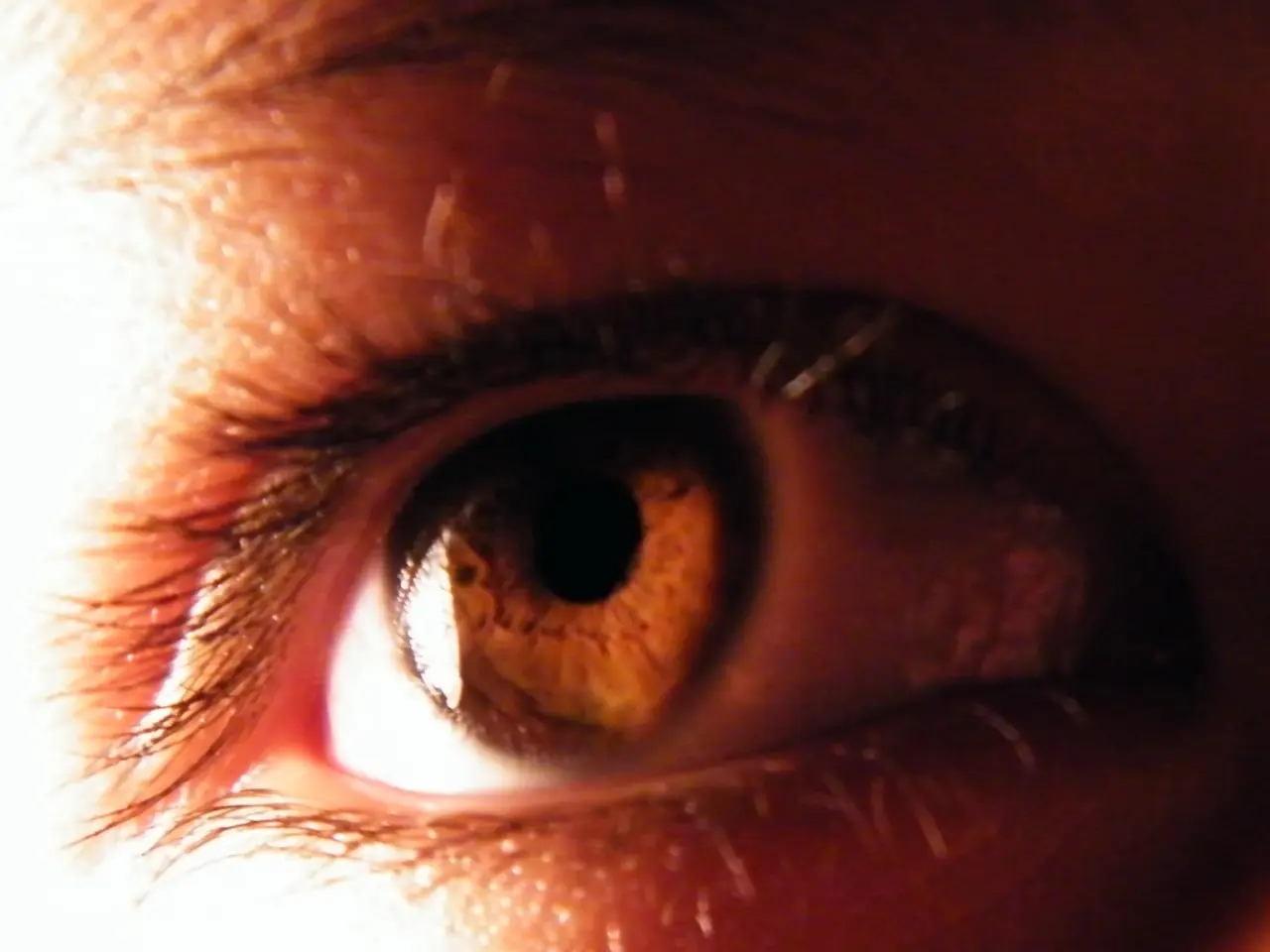Face Allergy Reactions: Identifying Signs, Root Causes, and Treatment Options
Allergic reactions on the face can cause a range of unpleasant symptoms, from red rashes and itching to swollen lips and watery eyes. Understanding the common causes, symptoms, and treatments of facial allergies is essential for managing these reactions effectively.
### Common Causes and Specific Triggers
Facial allergies often arise from exposure to everyday products such as nickel, fragrances, latex, soaps, and metals. These can trigger allergic contact dermatitis, causing localized skin reactions. Other common triggers include certain foods, especially nuts, shellfish, eggs, dairy, and dead or unhygienic seafood. Drug allergies or side effects from certain medications and insect bites or stings can also cause facial allergic reactions.
### Common Symptoms
Red rash and itching are hallmark signs of facial allergies. Other symptoms include hives, eczema-like lesions, skin darkening, swelling (angioedema) particularly around eyes and lips, and sometimes pain or discomfort. Severe allergic reactions may escalate to anaphylaxis, requiring urgent treatment.
### Treatments
Oral antihistamines like diphenhydramine (found in Benadryl) reduce itching and swelling. Topical steroids like hydrocortisone help decrease skin inflammation and should be used carefully, typically for up to two weeks. In emergency cases such as anaphylactic shock, adrenaline (epinephrine) is used. Anti-inflammatory supplements such as vitamin C and other agents may be prescribed. Cooling agents and topical lotions containing menthol, camphor, calamine, or pramoxine can soothe itching.
### Preventative Measures
Avoiding known allergens is crucial for managing facial allergic reactions. Strictly avoiding foods or products identified as triggers, carefully checking product labels and menus, and maintaining distance from allergen sources can help reduce exposure. For food allergies, avoid areas where allergens are prepared or handled to reduce exposure to airborne particles or vapors. Practice good skin care by using hypoallergenic, fragrance-free skincare products to reduce the risk of dermatitis.
Early recognition and proactive management of facial allergic reactions are essential to preventing complications and improving quality of life. If symptoms are severe, persistent, or worsening, consulting a dermatologist or healthcare professional is strongly recommended. Allergy tests such as skin prick testing, blood tests, patch testing, elimination diet, and challenge testing may be necessary.
In summary, understanding the common triggers, symptoms, treatments, and preventative steps for facial allergic reactions is key to effectively managing these reactions. If you suspect you have a facial allergy, it's important to consult a healthcare professional for proper diagnosis and treatment.
- Nickel, fragrances, latex, soaps, and metals are common substances that can trigger facial allergic reactions known as allergic contact dermatitis.
- Apart from everyday products, certain foods like nuts, shellfish, eggs, dairy, and unhygienic seafood can also cause facial allergies.
- Hives, eczema-like lesions, skin darkening, swelling (particularly around eyes and lips), and sometimes pain or discomfort are other symptoms of facial allergies.
- Severe cases of facial allergic reactions may progress to anaphylaxis, necessitating urgent treatment with adrenaline (epinephrine).
- Oral antihistamines like diphenhydramine (found in Benadryl) are used to alleviate itching and swelling.
- Topical steroids like hydrocortisone help reduce skin inflammation, but should be used carefully and typically for up to two weeks.
- In addition to antihistamines and steroids, anti-inflammatory supplements such as vitamin C may be prescribed.
- To prevent facial allergic reactions, it is crucial to avoid known triggers and strictly avoid foods or products that have been identified as allergens.
- Good skin care practices, such as using hypoallergenic, fragrance-free skincare products, can help reduce the risk of dermatitis.
- Consulting a dermatologist or healthcare professional is advisable when symptoms are severe, persistent, or worsening. Allergy tests may be necessary for proper diagnosis and treatment of facial allergies.




